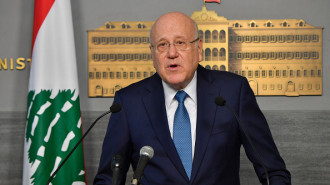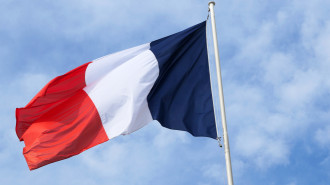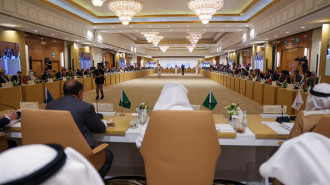Final furlong in Iran nuclear talks
Russian Foreign Minister Sergei Lavorov arrived in Vienna Sunday to join troubled nuclear talks for a last-gasp effort to secure agreement.
US President Barack Obama, meanwhile, warned that “significant gaps” remain as Monday's deadline inches ever closer.
Lavrov, a crucial player in the negotiations, is set to join US secretary of State John Kerry and German foreign Minister Frank-Walter Steinmeier with less than 36 hours before the deadline for a deal.
The United States and Iran had Sunday sought to bridge gaps, with Tehran signalling it was open to extending the talks by up to a year, US Secretary of State John Kerry and his Iranian counterpart Mohammad Javad Zarif entering their fifth round of talks.
The two key players in the protracted on-off negotiations have been trying since Thursday to secure a deal that would curb Iran's disputed nuclear activities in exchange for broad relief from punishing international sanctions.
It could end a 12-year standoff that has raised the prospect of Israeli military strikes on Iranian nuclear facilities. Kerry spoke to Israel's Prime Minister Binyamin Netanyahu by phone on Saturday.
"We're working hard," Kerry said Saturday in Vienna. "And we hope we're making careful progress, but we have big gaps, we still have some serious gaps, which we're working to close."
German Foreign Minister Frank-Walter Steinmeier, also in the Austrian capital, called the weekend of talks a "moment of truth".
An Iranian source, meanwhile, told AFP that Tehran is open to having the nuclear negotiations extended by six months or a year if no real progress towards an agreement is achieved later Sunday.
Such an extension would be under the terms of an interim accord reached in Geneva a year ago that traded a temporary freeze on some aspects of Iran's nuclear activities for limited sanctions relief, the source said.
"We are still focused on agreeing to a kind of political" understanding which would not be written but which would allow for negotiators to fine-tune technical aspects of the agreement later, the source said.
"But if between now and this afternoon or this evening we don't get there, the solution is we consider an extension of the Geneva accord," he said.
"That could be for a period of six months or a year. We must absolutely avoid a climate of confrontation with escalation from one side and the other," the source said.
International inspectors
Tehran is ready to allow nuclear inspectors access to its Marivan military site, an Iranian official said Saturday, a facility long suspected of being used to develop explosive weapons.
The Marivan site, close to the Iraqi border, was mentioned in a 2011 report by the International Atomic Energy Agency (IAEA) on Iran's alleged pursuit of nuclear weapons. The UN agency suggested at the time that "large scale high explosive experiments" may have been carried out at the complex.
"We are ready to allow the IAEA controlled access to the Marivan site," Behrouz Kamalvandi, spokesman for Iran's Atomic Energy Organisation, was quoted as saying by the IRNA news agency.
He said the IAEA's view of Marivan was based on "false" information.
IAEA spokeswoman Gill Tudor said the watchdog "will discuss the offer" with Tehran.
"The situation regarding a visit to the Marivan region is not as simple as that conveyed by Iran," she said.
As well as Marivan, IAEA inspectors are also interested in the Parchin military base, where they suspect tests that could be applied to a potential nuclear site have been carried out. Iran has so far denied foreign access to Parchin.
The five permanent members of the UN Security Council -Britain, China, France, Russia and United States plus Germany – the so-called P5+1 – have been locked in talks with Iran since February to turn the interim Geneva accord into a lasting agreement.
Such a deal is aimed at easing fears that Tehran will develop nuclear weapons under the guise of its civilian activities.
The Islamic Republic hotly denies it wants to build the bomb and insists its programme is entirely peaceful.
Little chance of deal by deadline
Many experts believe that the deadline may be extended, as happened with an earlier cut-off point on July 20, but officials insist that this is not on the table – yet.
However, a senior US official said late Saturday that the aim was still to reach a deal by Monday night "but we are discussing both internally and with our partners a range of options".
British Foreign Secretary Philip Hammond and his French counterpart Laurent Fabius also joined the talks on Friday. Both have since left but were expected to return.
Some areas under discussion appear provisionally settled in what would be a highly complex deal that would run for many years, even decades.
But two key issues remain: the enrichment process that renders uranium suitable for peaceful uses but also at high purities for an atomic weapon; and the pace of the lifting of sanctions against Iran.
The OPEC member has been hard hit by the sanctions, coupled with a slide in oil prices. Tehran wants to massively ramp up the number of enrichment centrifuges -in order, it says, to make fuel for future reactors - while the West wants them dramatically reduced.

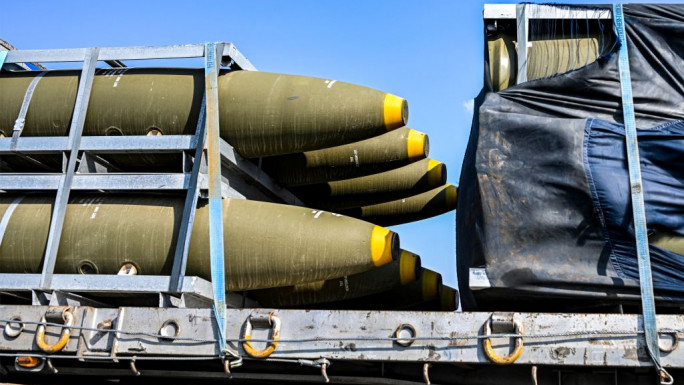
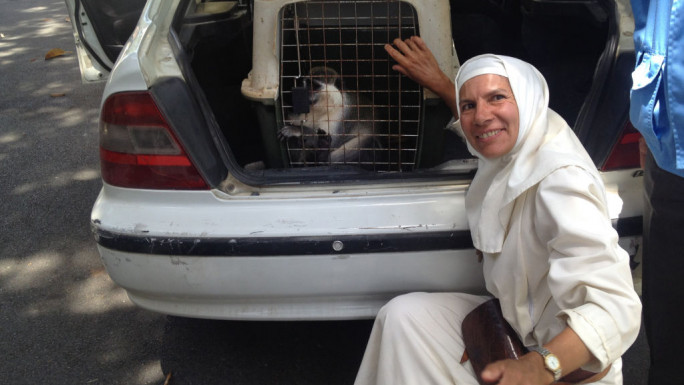
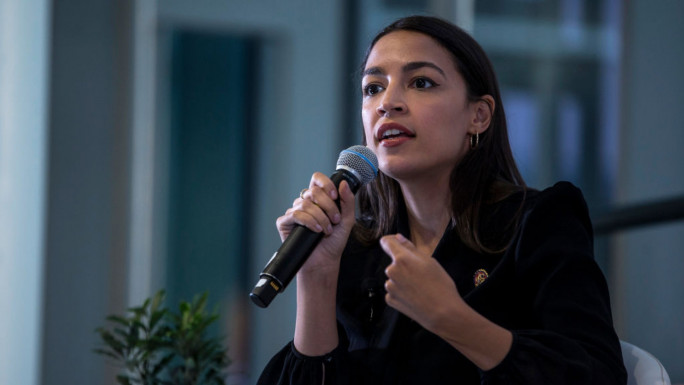
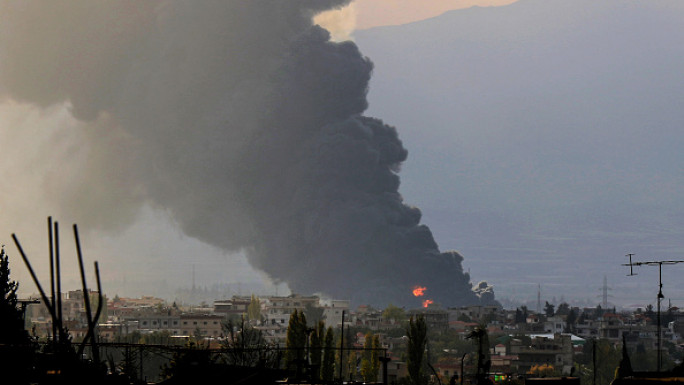
 Follow the Middle East's top stories in English at The New Arab on Google News
Follow the Middle East's top stories in English at The New Arab on Google News
